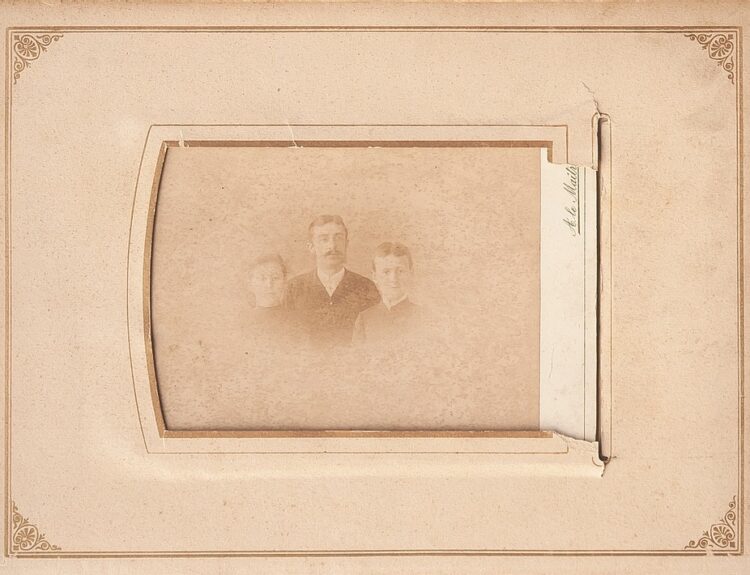Introduction
The National Recording Registry, established by the National Recording Preservation Act of 2000, is a collection of sound recordings that are considered “culturally, historically, or aesthetically significant.” These recordings are chosen for preservation by the Library of Congress to ensure that they are accessible to future generations. The Registry serves as a testament to the diversity and richness of American culture, encompassing a wide variety of genres and formats.
The Importance of Cultural Preservation
Cultural preservation is essential for maintaining a sense of identity and heritage. By preserving significant recordings, we are able to connect with the past and understand the cultural contexts in which they were created. These recordings offer a window into the past, allowing us to experience the music, speeches, and events that shaped our history.
The National Recording Registry plays a crucial role in safeguarding these recordings for future generations. Without preservation efforts, many historically significant recordings would be lost to decay, neglect, or obsolescence. By recognizing and preserving these recordings, the Registry ensures that they will be available to researchers, historians, and the general public for years to come.
Selection Process
Recordings are nominated for inclusion in the National Recording Registry by the public and a panel of experts in the fields of music, sound recording, and preservation. The final selections are made by the Librarian of Congress, in consultation with the National Recording Preservation Board. Each year, 25 recordings are added to the Registry, representing a diverse array of genres and formats.
Criteria for Inclusion
In order to be eligible for inclusion in the National Recording Registry, a recording must meet certain criteria. It must be at least 10 years old and deemed culturally, historically, or aesthetically significant. The recording must also be in good condition and be in a format that can be preserved and accessed by future generations.
Notable Inclusions
The National Recording Registry features a wide range of recordings, spanning from early Edison cylinders to contemporary digital recordings. Some notable inclusions in the Registry include:
– Robert Johnson’s “Cross Road Blues” (1936): This influential blues recording has had a lasting impact on American music, influencing generations of musicians.
– Martin Luther King Jr.’s “I Have a Dream” speech (1963): This iconic speech delivered during the March on Washington for Jobs and Freedom is a powerful reminder of the struggle for civil rights in America.
– Dolly Parton’s “Coat of Many Colors” (1971): This country classic tells the story of Parton’s childhood and has become a beloved song in the American music canon.
These and other recordings in the Registry serve as cultural touchstones, reflecting the diversity and richness of American music and history.
Impact of the National Recording Registry
The National Recording Registry has had a significant impact on cultural preservation in the United States. By raising awareness of the importance of preserving sound recordings, the Registry has helped to spur interest in preserving other forms of cultural heritage, such as films, photographs, and documents.
The Registry has also served as a resource for researchers and historians, providing access to recordings that may otherwise be difficult to find or access. In addition, the Registry has helped to raise awareness of lesser-known artists and genres, ensuring that their contributions to American culture are not forgotten.
Conclusion
The National Recording Registry is a vital tool for preserving and celebrating American culture. By recognizing and preserving significant recordings, the Registry ensures that our cultural heritage will be accessible to future generations. Through its diverse and inclusive selection of recordings, the Registry reflects the richness and diversity of American music and history.
As we continue to celebrate and honor the recordings in the National Recording Registry, we help to ensure that they will be enjoyed and appreciated for years to come. By supporting efforts to preserve our cultural heritage, we can connect with the past and gain a deeper understanding of who we are as a nation. The National Recording Registry stands as a testament to the power and importance of cultural preservation in preserving our shared history.



